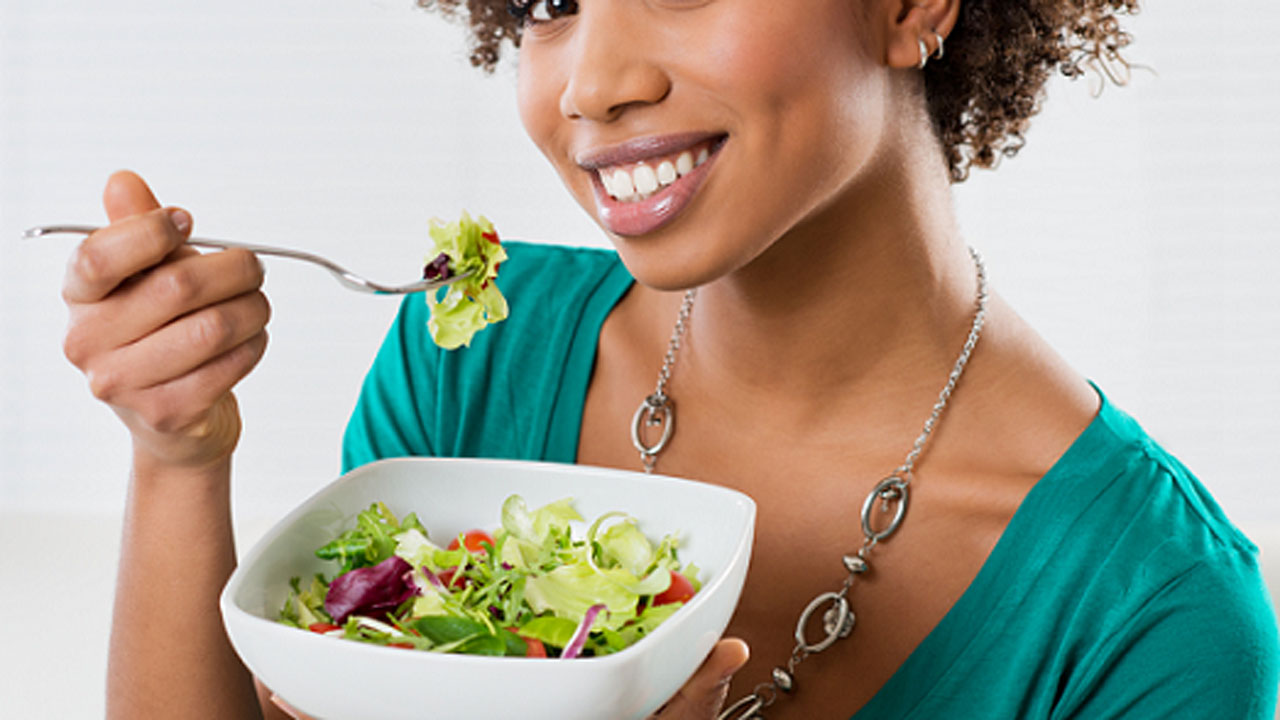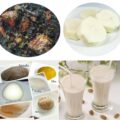Anovulation occurs when an egg does not release, or ovulate, from a woman’s ovaries. Chronic anovulation is a common cause of infertility. According to the National Institutes of Health, these conditions account for almost 30 percent of female infertility.
When you’re trying to conceive, it’s normal to begin paying closer attention to your cycle. After all, in order to become pregnant, you first must ovulate. It’s common to assume that your period is a sign that you’re ovulating normally. But surprisingly, that’s not always the case.
In an optimal scenario, a woman’s reproductive system will ovulate every month. But there can be situations that cause anovulation, or the lack of ovulation in a menstrual cycle. When that happens, you may still assume that the bleeding you’ve experienced was your monthly menstrual cycle. But if you’ve had an anovulatory cycle, it isn’t technically a period.
It’s not uncommon for a woman in her prime conception years to experience an anovulatory cycle occasionally. In fact, you may have experienced one and not even noticed. That’s because when a woman experiences anovulation, she may still seem to menstruate normally.
In a normal cycle, the production of progesterone is stimulated by the release of an egg. It’s this hormone that helps a woman’s body maintain regular periods. But during an anovulatory cycle, an insufficient level of progesterone can lead to heavy bleeding. A woman may mistake this bleeding for a real period. This kind of bleeding may also be caused by a buildup in the lining of the uterus, known as the endometrium, which can no longer sustain itself. It can be caused by a drop in estrogen as well.
Food and Ovulation
Food can play a significant role in ovulation. Low iron levels can result in anovulation. Dark leafy greens such as spinach, romaine, arugula, and broccoli are high in folate, a B vitamin that has been shown to improve ovulation. Leafy greens also naturally increase a woman’s libido. A Harvard study found that women who ate full-fat dairy products were less likely to experience ovulation problems compared to women who ate primarily low-fat dairy products. In this study, low-fat dairy products included skim or low-fat milk, sherbet, yogurt, and cottage cheese. Full-fat products included whole milk, ice cream, cream cheese, and other cheeses.
List Of Nigerian Food For Ovulation Stimulation
- Beans
Nigerian beans porridge (known natively in the Yoruba regions of Nigeria as Ewa Oloyin) is prepared with a sweet variation of the brown bean (black eyed peas) called honey beans found predominantly in West Africa. Beans are a lean protein and are full of iron, which helps to increase fertility and libido. Low iron levels can result in anovulation, which is when ovulation does not produce a healthy egg.
- Leafy Greens
Amaranth greens are simply called green in Nigeria, it is called Efo Tete in Yoruba and Inine in Igbo, Alefo in Ghana while the Jamaicans call it callaloo. Amaranth greens are widely used in most parts of the world from Malaysia to Kenya to the Caribbeans. Dark leafy greens such as spinach, romaine, arugula, and broccoli are high in folate, a B vitamin that has been shown to improve ovulation. Leafy greens also naturally increase a woman’s libido. Other nutritious vegetables include Wild Lettuce, Bitter leaves), Gbure or water leaves, Eggplant leaves and Ugu (flutted – pumpkin).
- Yams
Nigeria is by far the world’s largest producer of yams, accounting for over 70–76 percent of the world production. Yam is in the class of roots and tubers that is a staple of the Nigerian and West African diet, which provides some 200 calories of energy per capital daily. Research shows yams have an ovulation stimulating substance that can help boost fertility. A 2008 analysis of births in southwest Nigeria which has the highest twinning rate in the world notes that eating yams may increase the chance of having twins among that area’s Yoruba population. The belief is that yams “contain a natural hormone phytoestrogen, which may stimulate multiple ovulation. SEE: Health Benefits and Side Effects of Pounded Yam
- Sweet potatoes
Nigeria is the number one producer of sweet potato in Africa with annual output of 3.46 million metric tons and globally the second largest producer after China. The high doses of Vitamin A in sweet potatoes makes the vegetable ideal for consumption by women of childbearing age to enhance their fertility. Studies on animal models have shown that Vitamin A plays an integral role in improving reproductive performance. This vitamin helps to improve cervical fluid, follicle development and regulate menstrual cycles. SEE: Sweet Potatoes And Female Fertility
- Fruits
Eating up to three servings a day of fresh fruits and vegetables is important for any diet, but especially important when trying to conceive. Oranges, tangerines, grapefruits and other citrus fruits are some of the best sources of vitamin C, they’re also packed with potassium, calcium and folate a B vitamin that can help you get pregnant by regulating ovulation and creating a healthy environment for eggs. Other Nigerian fruits that can help stimulate ovulation include Apples, Avocado, and pear.
- Whole milk products
The Harvard study we earlier quoted found that women who ate full-fat dairy products were less likely to experience ovulation problems compared to women. The study found that an extra eight- ounce serving of whole milk daily had the greatest effect, cutting the risk of failure to ovulate by more than 50 percent. The effect of eating an extra half- cup of ice cream a day, however, was not statistically significant. Types of whole milk products in Nigeria include; Peak milk, Three Crown milk, Cowbell and others. READ: List Of Nigerian Food To Eat During Pregnancy







